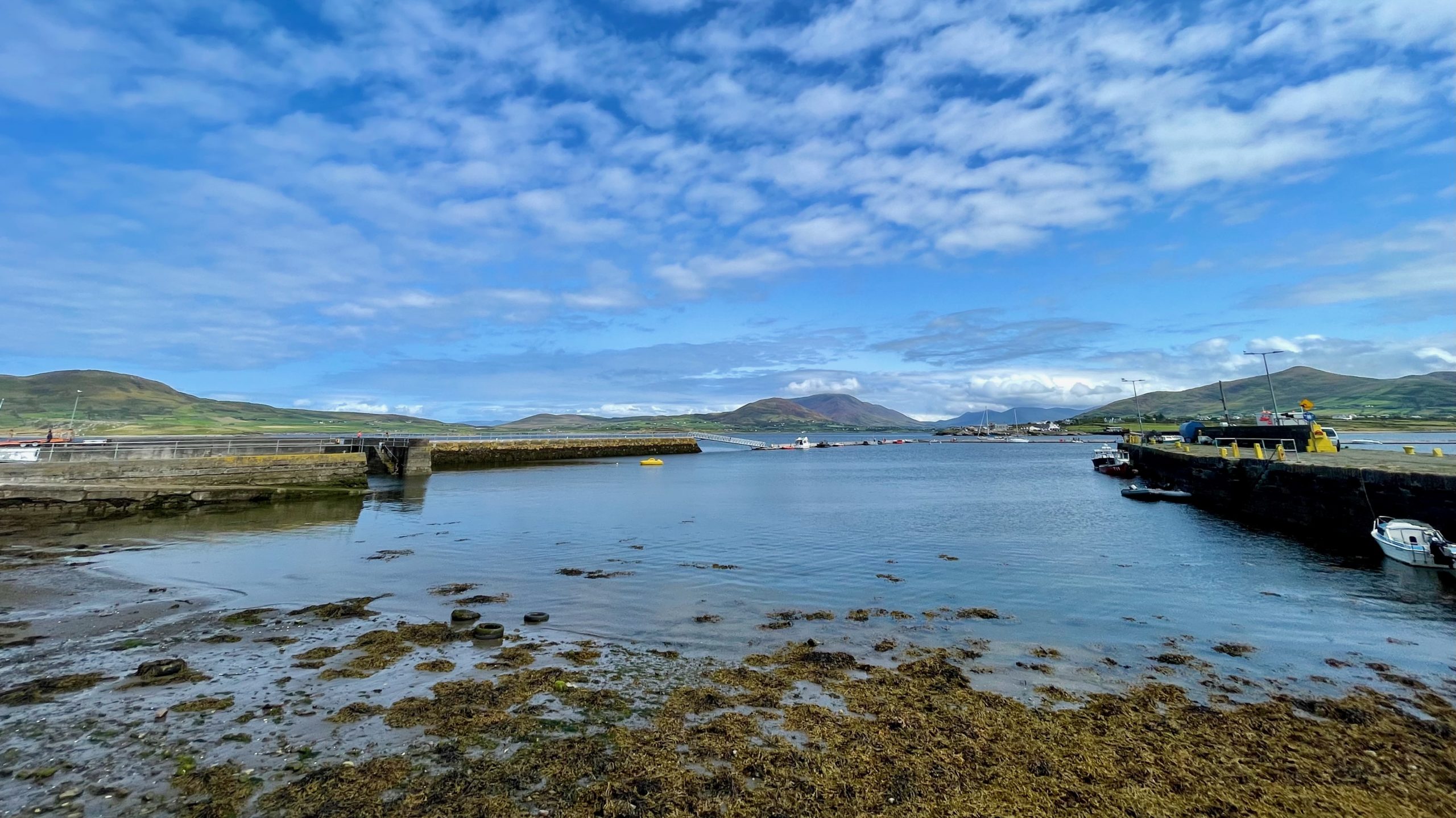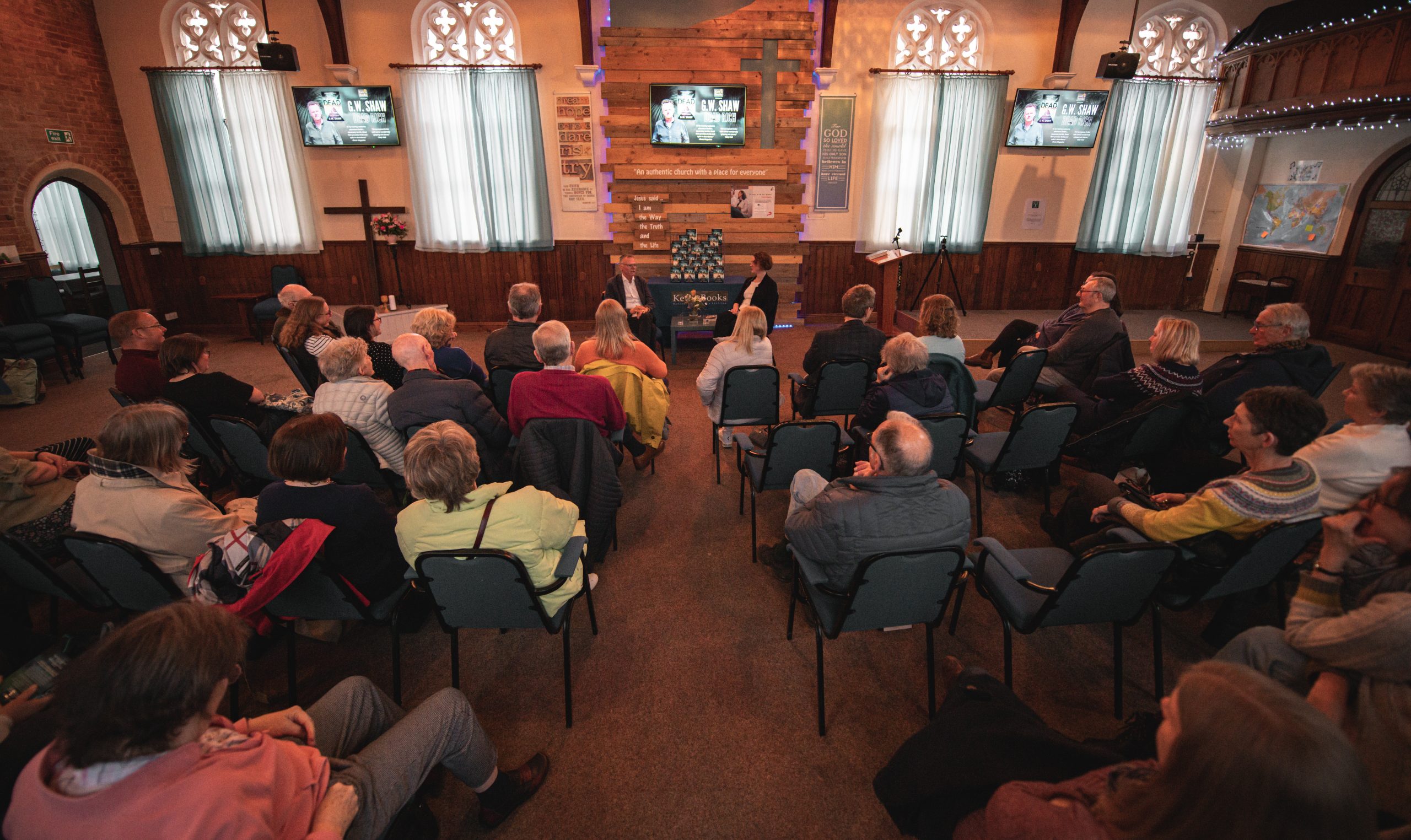In one week, I’m heading to Ireland
williamshaw2024-01-02T11:42:07+00:00Valentia, looking towards Reynard Point In one week's time we leave for Ireland, knowing how lucky I am to be able to slip from one country to another. My father was born in Belfast. I have an Irish passport. Jane is London Irish, her parents from Kerry and Sligo so it's a pretty easy move [...]


